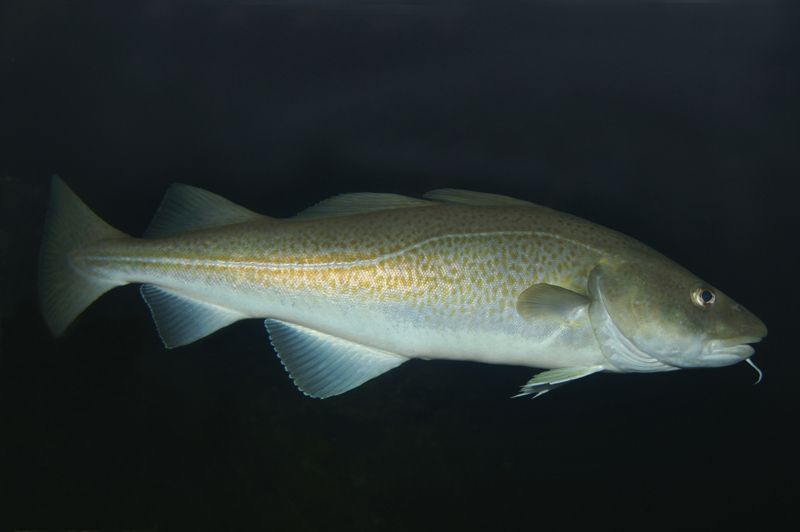Declining fisheries recovery is, “within politicians’ power”, says report.
The expansion of world fisheries has been known for some time to be causing significant stresses on ocean biodiversity, but the New Economics Foundation has just released a report stating that overfishing is costing EU fisheries some £2.7 billion per year and 100,000 jobs.

The expansion of world fisheries has been known for some time to be causing significant stresses on ocean biodiversity, but the New Economics Foundation has just released a report stating that overfishing is costing EU fisheries some £2.7 billion per year and 100,000 jobs.
The report paints a damning picture of policy-makers; "Overfishing is bad for the economy," Rupert Crilly, an environmental economics researcher for the foundation's Ocean2012 initiative said. "With the stroke of pen, European fisheries ministers are wiping out millions of pounds and thousands of jobs each year by allowing overfishing to continue."
The report states that restoring 43 European fish stocks to the maximum sustainable yield (the largest catch that can be maintained over the long term), would create 3.5 million tones of extra fish on shop’s shelves. The problem is how to achieve this.
Rupert Crilly believes a recovery of stocks is possible through government intervention, "Restoring fish stocks is within politicians' power, and in the current economic climate, the stakes are higher than ever," going on to state that overfishing is costing the industry five times the EU level of subsidies.
The situation is an example of the ‘tragedy of the commons’, whereby the lack of effective ownership of the ‘common’, in this case the oceans, means that its overuse by self-interest is almost inevitable.
A further report last week from the International Sustainability Unit, has found that fisherman in developing countries would not consider giving up their profession even if their catches were cut by half. But it has also been shown that those fishermen in more developed economies are less likely to give up fishing than in developing countries, showing that fishermen in general will fish smaller and smaller catches rather than moving to a different industry.
The worlds fish stocks have been aggressively overfished in many parts of the world, and compared to several decades ago, when only a small fraction of the worlds stocks were overfished, today around a quarter of the worlds stocks are overexploited or depleted according to the Food and Agriculture Organisation (FAO). A further 55% are being fished to capacity, meaning that any increases in production would lead to overexploitation. Only three percent of stocks are considered underexploited.



